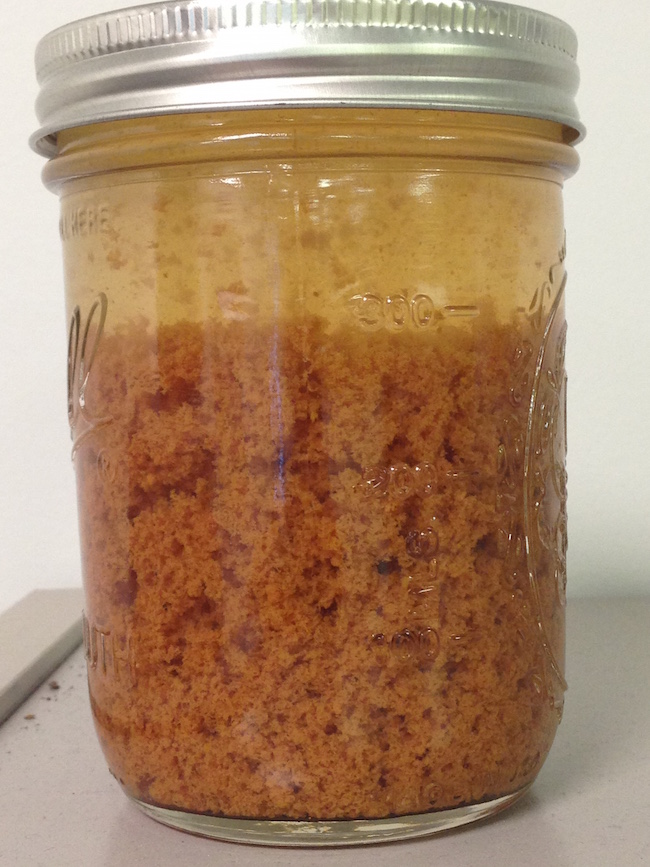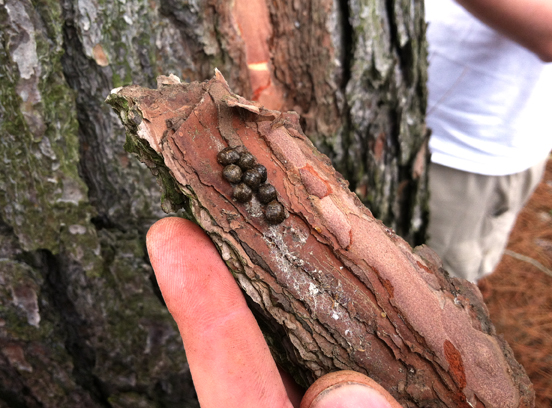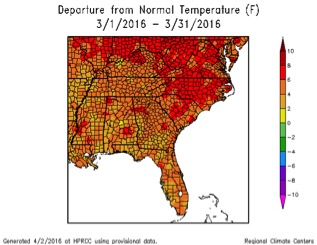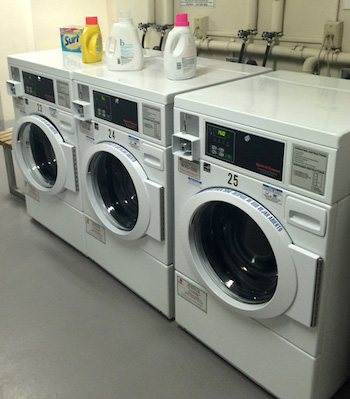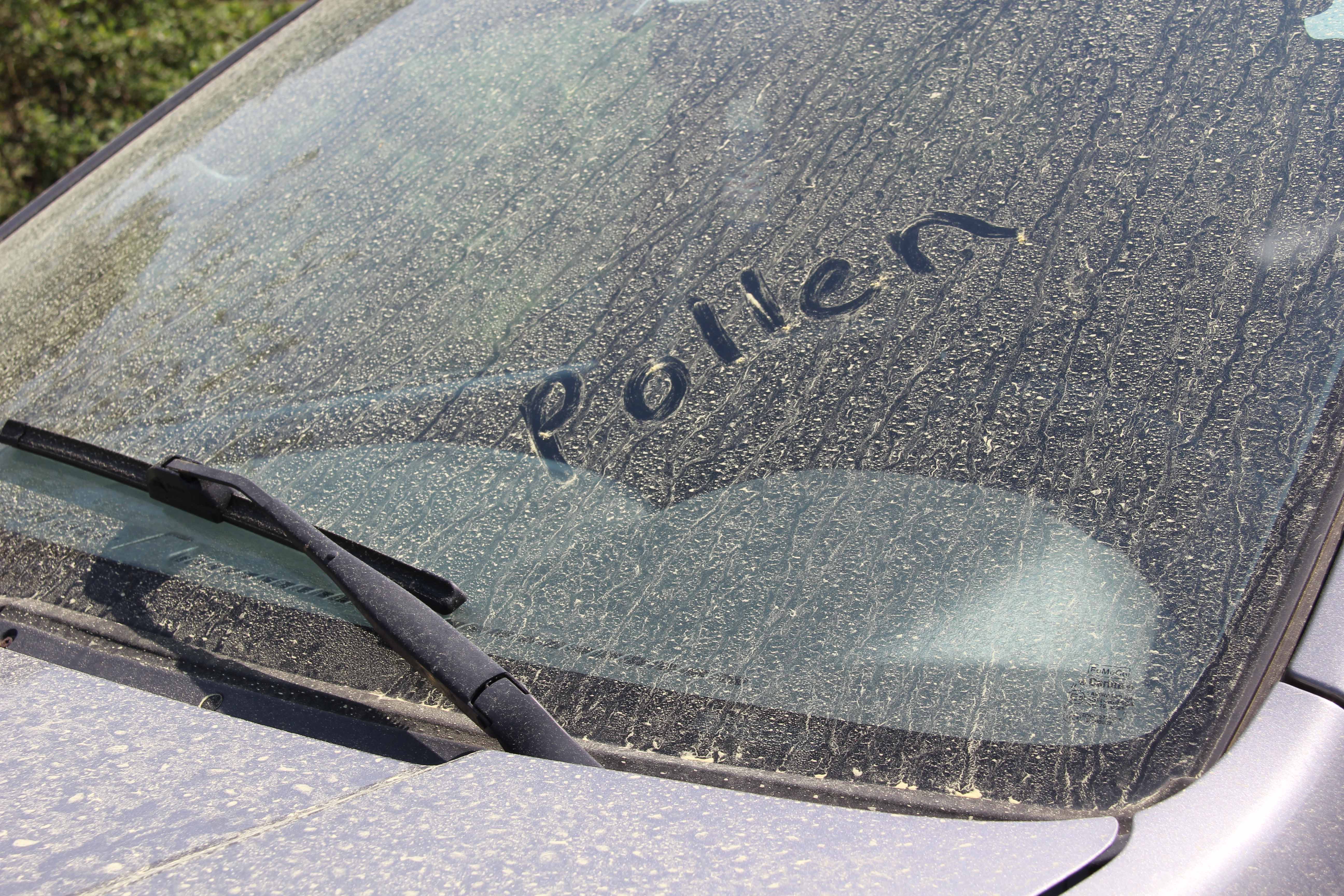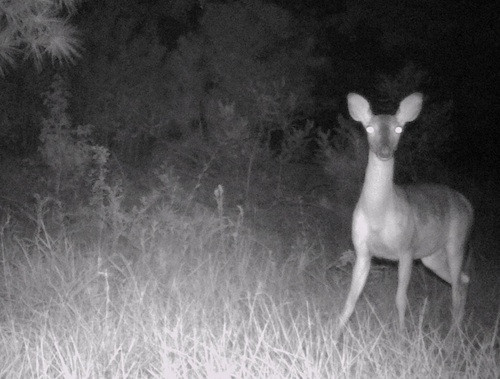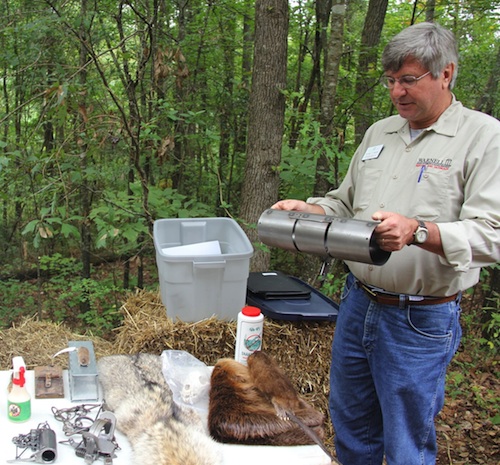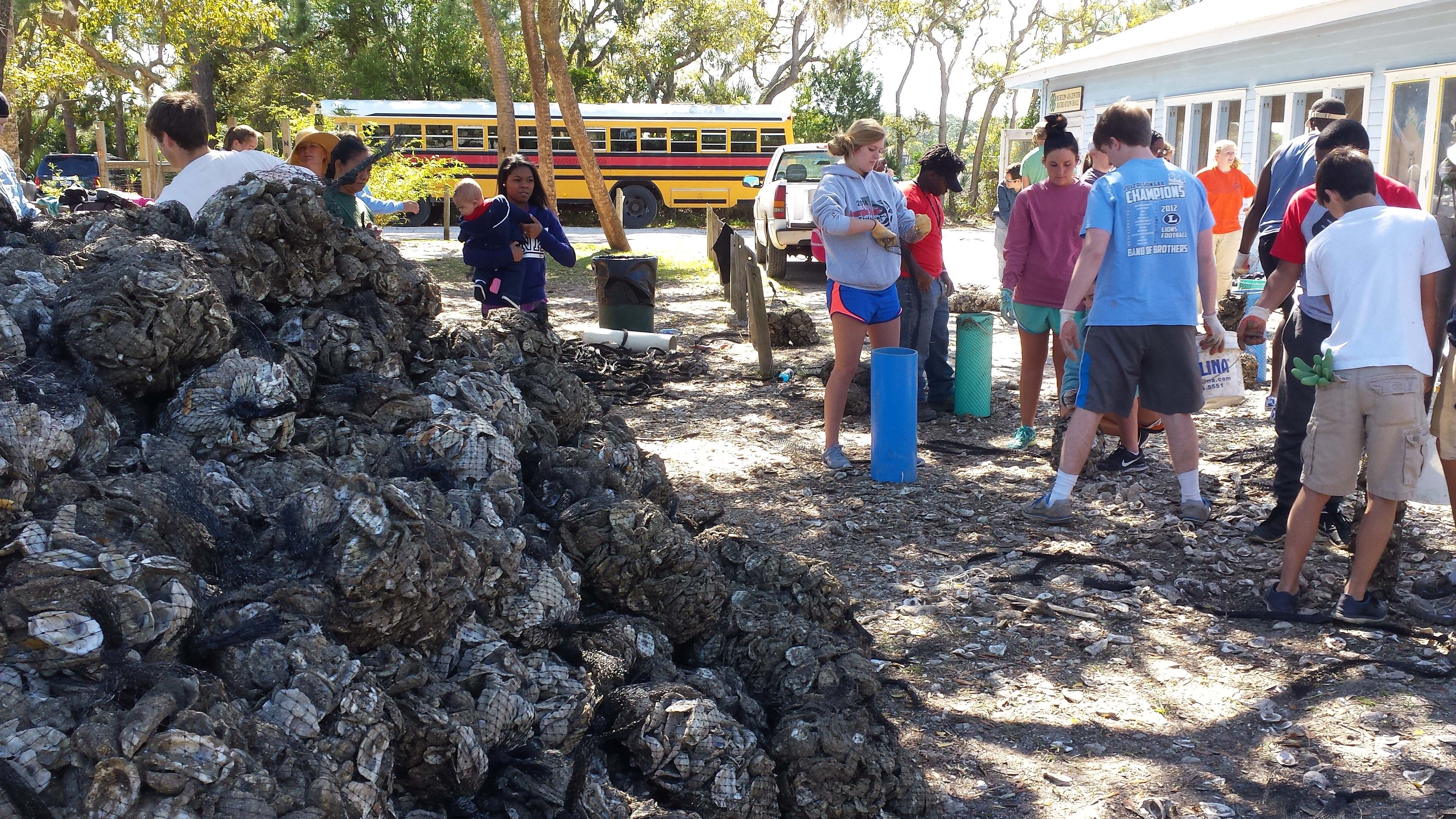 CAES News
CAES News
Army of Oysters
Georgia 4-H is recruiting an army of bivalves to help ensure the future of the organization’s coastal environmental education center.
The organization is working with University of Georgia Marine Extension to encourage new oyster beds along the marshy shoreline at Burton 4-H Center on Tybee Island, Georgia.

